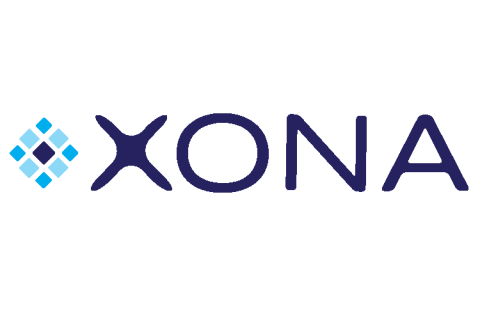Security | Threat Detection | Cyberattacks | DevSecOps | Compliance
ICS
Cyber Defenders Defending Critical Infrastructure Interview with Aaron Cockerill
Wanted: Reward of up to $10 million for critical infrastructure hackers
The U.S. government aims to tackle cybercrime, in particular attacks targeting critical infrastructure. For this purpose, the U.S. State Department has announced a reward of up to $10 million to anyone who offers valid information about any potential cyberattacks on critical infrastructure supported by foreign states.
The Next Disruptive ICS Attacker: An Advanced Persistent Threat (APT)?
No discussion on ICS attacks could be complete without talking about what some would call, ‘the elephant in the room.’ Critical infrastructure has always been a target for warfare, and modern ICS are no exception. Several high-profile ICS disruptions have in fact been attributed to malicious hackers working at the behest of a military or intelligence agency.
The Next Disruptive ICS Attacker: A Ransomware Gang?
OT networks often rely on Windows systems for various ICS applications including HMIs, historians, and data gateways. Beyond that, they also commonly rely on Windows systems to run associated IT-networks.
Cyberattacks On Utilities: Is Your Water Supply Next?
Cyberattacks On Utilities. Here are the top two things Water Utilities need to do right now to secure our drinking water supply from cyberattacks.
Getting to Resilience
When I turned 7, I got my first BMX bike. Of course, within a week my best friend and I built a ramp with plywood and cinderblock. I remember the first jump vividly. I sped down the street like a miniature Evil Knievel and hit the ramp at a pretty good clip. A moment after I caught “big air,” my front tire hit the road, and I went over the handlebars – leaving a fair amount of skin on the road.
The Next Disruptive ICS Attacker: A Disgruntled Insider?
Often, the most critical threats come from within an organization itself. This is true for all sectors, but it is especially true for industrial control systems (ICS). Technicians in these environments already have access to plant controls and may have the deep knowledge of industrial processes needed to achieve specific goals. The damage caused by an insider may range from mild disruption to major disaster depending on what is attacked.
White House Memo Takes on Securing Critical Infrastructure Control Systems
Attacks targeting critical infrastructure have been on the rise in recent years. Back in 2019, for instance, 56% of utility professionals responsible for overseeing risk in their organizations’ operational technology (OT) assets told Siemens and the Ponemon Institute that they experience at least one shutdown or operational data loss event a year.
The Next Disruptive ICS Attack: 3 Likely Sources for Major Disruptions
Faced with rows of empty gas pumps, many Americans on the East Coast may be wondering why this happened, whether it will happen again, or if there is anything we can do to avoid future catastrophe. The unpleasant truth of the matter is that this will certainly not be the last time society is disrupted due to attackers targeting critical industrial control systems (ICS). The impact of such an attack is amplified by the growing reliance on automation and antiquated protocols throughout many OT networks.







